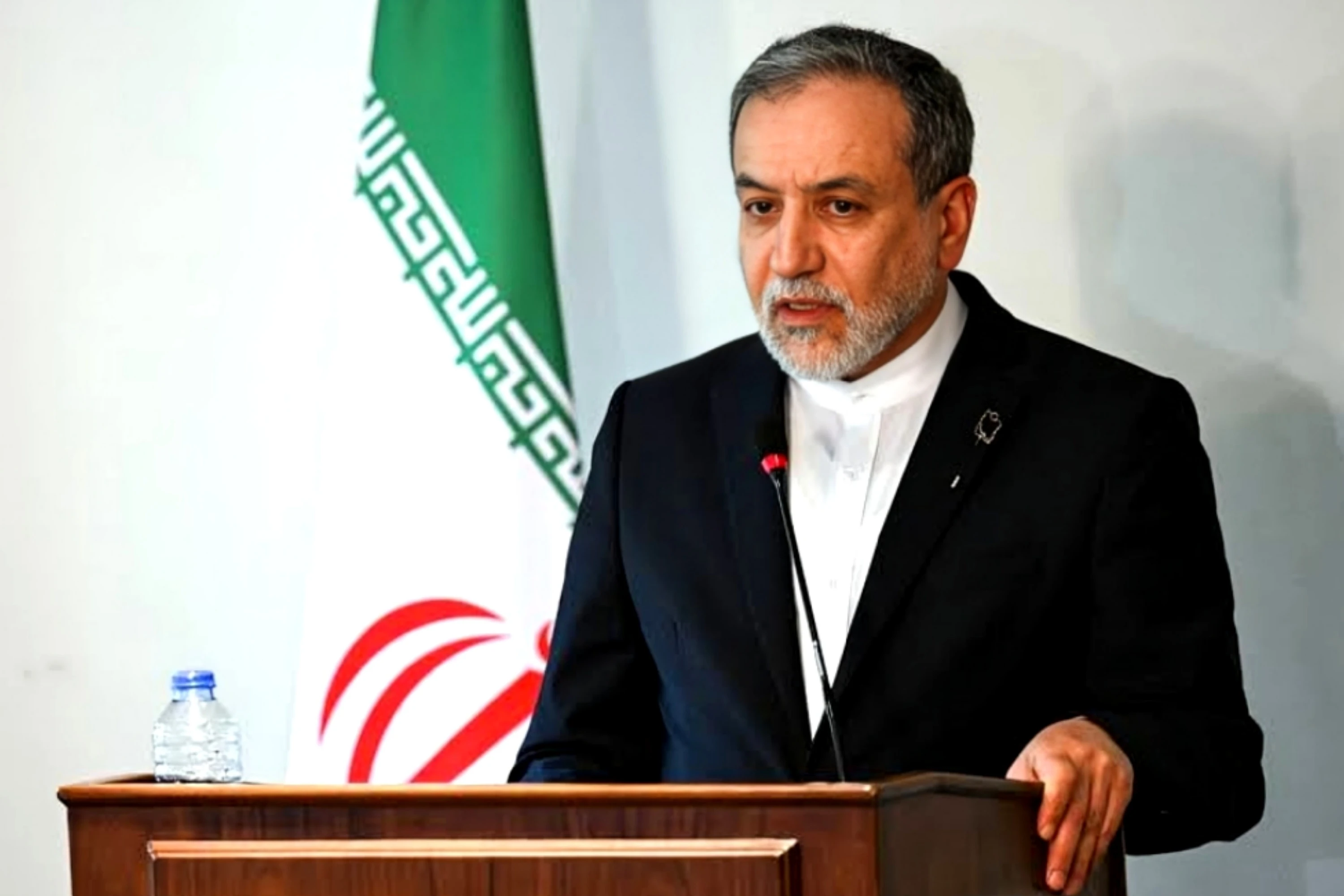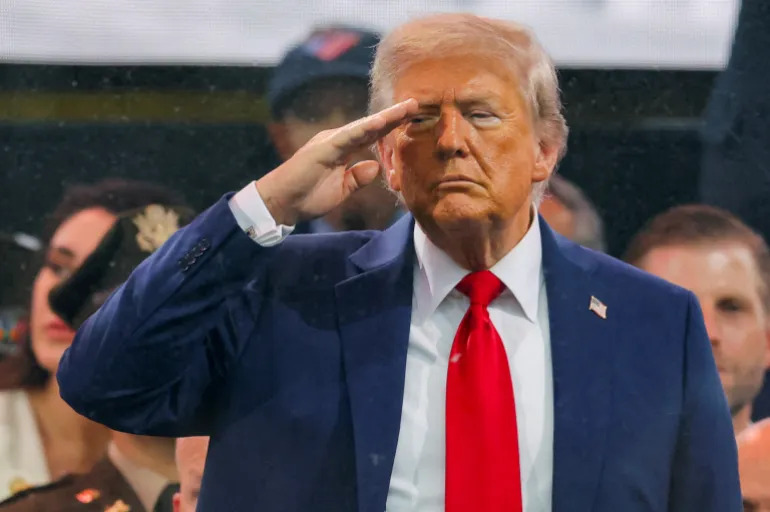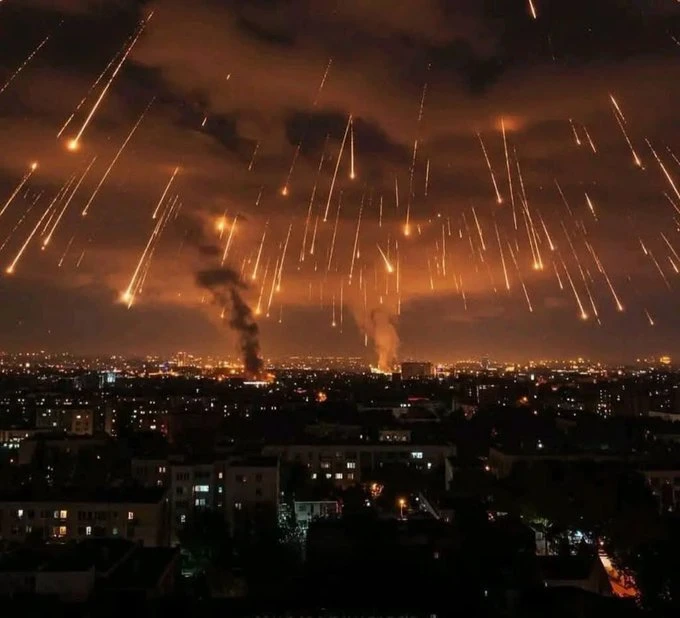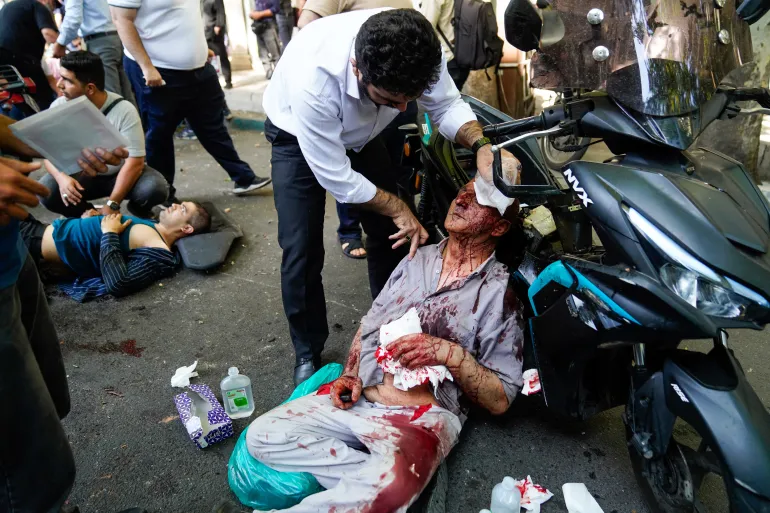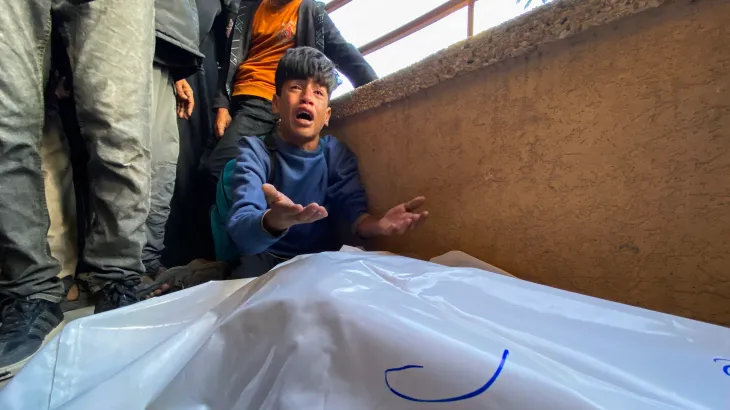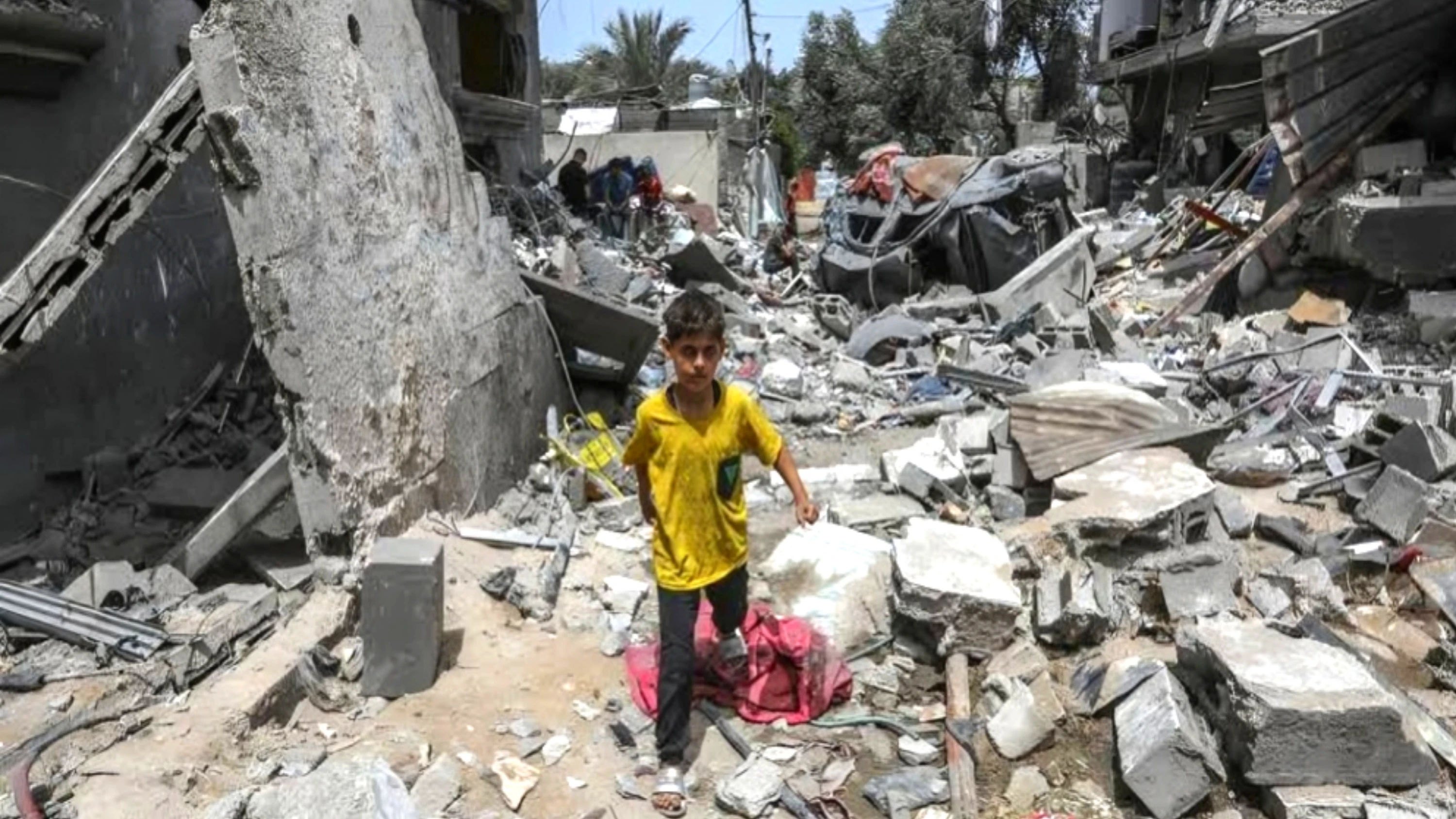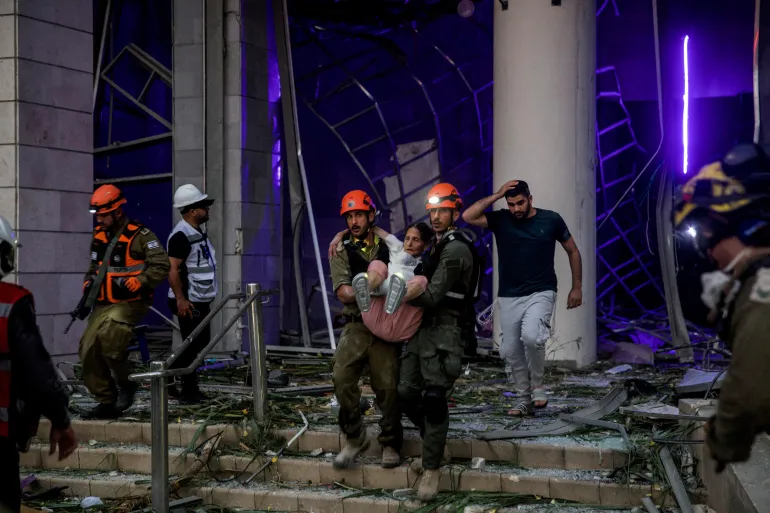Kananaskis: European foreign ministers urged Iran on Monday to return to nuclear negotiations with the United States and avoid escalating its conflict with Israel, a French diplomatic source ,cited by Reuters, revealed. However, Iran’s Foreign Minister Abbas Araqchi emphasized that Tehran’s immediate focus was on responding to Israeli aggression.
The appeal came during a phone call between the foreign ministers of France, Britain, and Germany — collectively known as the E3 — and their Iranian counterpart. The discussion followed Israel’s launch of “Operation Rising Lion” early Friday, a preemptive strike targeting Iranian nuclear facilities. The attack occurred just two days before U.S.-Iran talks were scheduled to restart, aiming to revive the 2015 nuclear deal.
Israel defended the operation as a necessary step to stop Iran from developing nuclear weapons — a claim Iran strongly denies. In retaliation, Tehran launched counterstrikes against Israeli targets.
The E3 countries, all signatories to the 2015 nuclear agreement, have become increasingly alarmed over recent developments. They recently backed a resolution from the International Atomic Energy Agency (IAEA) accusing Iran of violating its nuclear non-proliferation commitments. European diplomats have warned they may escalate the matter to the UN Security Council if negotiations stall.
“The ministers called on Iran to re-engage in talks without preconditions and to refrain from aggressive moves against Western interests,” said the French source. Iran’s Araqchi reiterated his country’s commitment to diplomacy but maintained that responding to Israeli attacks remained the immediate priority.
Prior to the E3-Iran call, French Foreign Minister Jean-Noel Barrot consulted with U.S. Secretary of State Marco Rubio. The European ministers also conveyed private messages to Israel, urging it to avoid strikes against Iranian civilian infrastructure and leadership.
While the Europeans have been sidelined in recent U.S.-Iran negotiations, they have expressed frustration with Washington’s tough stance. A draft proposal presented by the Trump administration in late May was criticized for offering minimal concessions to Iran.
As part of the IAEA’s resolution, the E3 are considering triggering the UN’s “snapback” sanctions mechanism if no progress is made by the end of August, before the nuclear deal’s sunset clause takes effect in October. Only the European parties have the authority to activate this process.
French President Emmanuel Macron stated on Sunday that Europe, with its deep knowledge of the nuclear file, should play a central role if talks resume.
A U.S. official downplayed concerns over Europe’s involvement, saying that while a multilateral effort is welcome, Washington — in partnership with Israel — remains the key player in de-escalating the conflict.
“At the end of the day, the U.S. will be leading the effort to end the war,” the official said. “As long as broader involvement doesn’t interfere with U.S. and Israeli strategic goals, we’re fine with it.”


